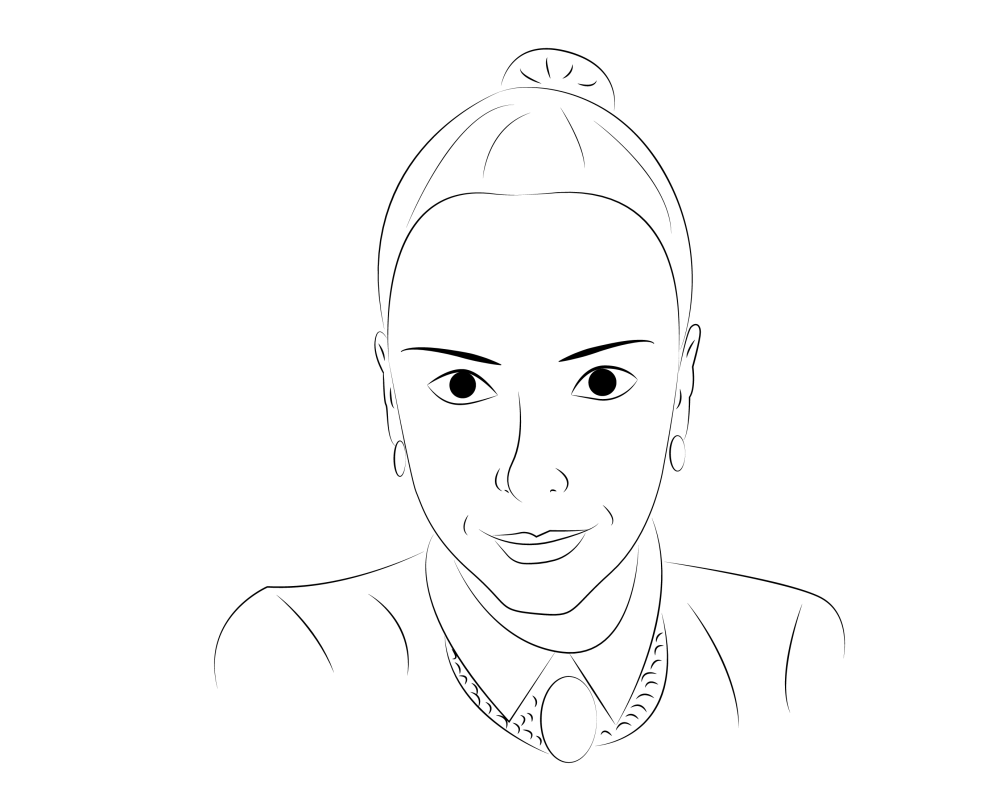«A year ago in this same chair it was said that the funds were to leave Venezuela that I was to implement an exchange control that we were going to live in chaos and that inflation was going to go off the roof. Go and walk the streets of Caracas to see how consumption has been reactivated.» – Hugo Chavez to Oscar Yanez 1999
Nowadays, the country of Venezuela is experiencing what seems to be a sustained financial crisis. In the past nine years there have been 11 devaluations of their currency and the Bolivar is currently the most undervalued currency in Latin America and the third largest in the world. Venezuela has a high inflation, which stood at 50 % per year, the largest in the world, a situation of shortage of goods that according to the BCV (Venezuelan Central Bank) reaches 56%, which means that out of every hundred goods at least 56 or even more of these products are missing, and a pronounced shortage of dollars despite high oil prices, which has led to parallel or also called black market dollar to the clouds. In this situation questions remain; how is the Venezuelan economic crisis possible if the government has implemented exchange controls such as CADIVI, SICAD I, and SICAD II to help the economy? Moreover, how is it possible that against the dollar, the bolivar lost a third of its value in 2013, the official exchange rate is 6.3, but its value reaches 80 in the black market?
The immediate answer behind these and other questions is that the capital control in Venezuela is a shaping factor and contributor to the economic insecurity in the country. To pursue the subject, this article will be divided in three parts: the capital control organ CADIVI, the parallel market or black market, and the economic consequences of this interaction. Although today there are three organs of capital controls in Venezuela, for the purpose of this article we will evaluate the CADIVI board, which has the largest amount of time being implemented and lends itself to further study. Moreover, even though the economic situation has created problems to social and political level, the end of this study is purely economic and will not deepen in the social and political crisis of the country.
PART ONE
CAPITAL CONTROL CADIVI
Exchange control is an instrument of exchange rate policy, which is to officially regulate the foreing trading in a nation. In this way the government intervenes directly in the foreign exchange market by controlling inflows and outflows. The main objectives of capital control are: Ensuring the provision of dollars for basic consumer goods (food and medicine) and essential imports, prevent a collapse in the country’s economic relations with foreign countries, and manage to get restrictions on imports and capital outflows to work favorably to the domestic industry, so they have greater opportunity to place the goods in the domestic market and supply the demand for those products that were originally imported.
Historically, those who possessed wealth would transform much of their bolivares in dollars due to the constant devaluation of their own currency and therefore, economic instability would occur and resulted in massive capital flight. Due to this capital flight and to prevent the exchange market pressure continue devaluing the Venezuelan currency, an outline of the fixed exchange rate and exchange control was implemented. The control would be regulated by the Foreign Exchange Administration Commission (CADIVI) and the dollar would be located at Bs 1.60. The new official bolivar suffers a devaluation of 20% from 1.60-1.92 per dollar in 2004 and a devaluation of 12% – in 1.92-2.15 per dollar – in 2005. With each evaluation a change occurred in CADIVI’s rates until its current rate, which is Bs 6.30 per US dollar. It is important to note that restrictions CADIVI were increasing with the passage of time. For example, in 2006 all travelers were given $500 in cash and $ 5,000 awarded for credit cards, however in 2014 the travelers will be awarded $500 in cash, $ 2,500 if going more than two weeks to certain cities in the world and if they come to places like Miami, only $700 will be awarded per year.
While the Venezuelan government has implemented these regulations in order to improve the economy, the result has been the opposite. According to statements by the Minister for the Interior, Justice and Peace, Miguel Rodriguez Torres, about 40% of foreign exchange provided by CADIVI went to the hands of «ghosts» or «briefcase» companies. Although the government said they would open investigations and even the current vice president Jorge Arreaza talked about releasing a list with the companies involved in these crimes, no one is even detained. For this reason there has been analysis done by experts in the area that conclude CADIVI has been the pantomime used by the government to extract dollars from Venezuela without being perceived.
Regardless of the certainty or not of the irregular handling of the dollars awarded through CADIVI, one thing very clear is the fact that this organism has not been effective in controlling the economy in the country, because after 11 years of its implementation there has been a deterioration in the Venezuelan economic sector, high amounts of money loss with no apparent responsible, and even more restrictions that end up affecting the people.


